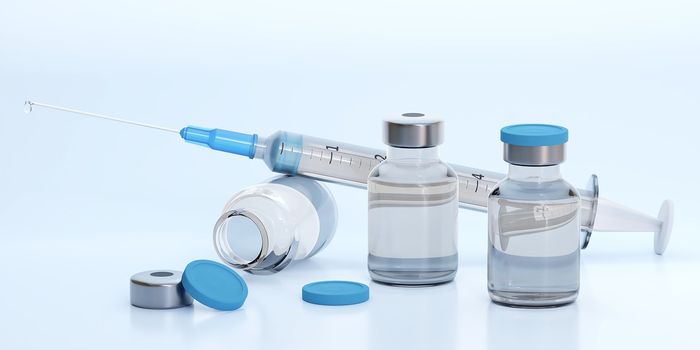Alarmins: The Immune "Gold" in Breast Milk
We know that infants fed with breast milk develop more robust immune systems as a result of factors that support the natural intestinal flora. Just what these factors are and how they exert their immune-boosting effects have, however, eluded scientists until now.
Scientists from the Hannover Medical School have finally uncovered the secret weapon against pathogenic bacteria within breast milk: proteins called alarmins. "Alarmins are the 'gold' in breast milk. These proteins prevent dangerous intestinal colonization disorders that can lead to blood poisoning and intestinal inflammation," explains Dorothee Viemann, who led the research study published in the medical journal Gastroenterology.
After birth, the intestinal immune system matures through encounters with various bacteria present in the environment. This gives babies life-long protection against a range of infections. Alarmins are central players in this adaptation process. These proteins are known to be involved in a diverse range of physiological and pathophysiological processes including wound healing, inflammation, cancer development, and allergies. Besides breast milk, babies also pick up alarmins from their mothers through natural births. Interestingly, individuals born via C-section are more prone to developing chronic inflammatory diseases later in life.
This discovery is the first step in developing clinical interventions to support children without access to breast milk. "Supplementation with these proteins could support the development of newborns which do not produce enough alarmins or get enough in breast milk,” says Viemann. “That could prevent a range of long-term conditions linked to intestinal colonization disorders, such as chronic intestinal inflammation and obesity."
Experiments using mouse models revealed that a single dose of alarmins provided the animals with the development of a more robust gut microbiome and resistance against inflammatory diseases. The team plans to further their research through advanced preclinical studies as well as follow-up clinical trials.
Sources: Gastroenterology, Science Daily.









